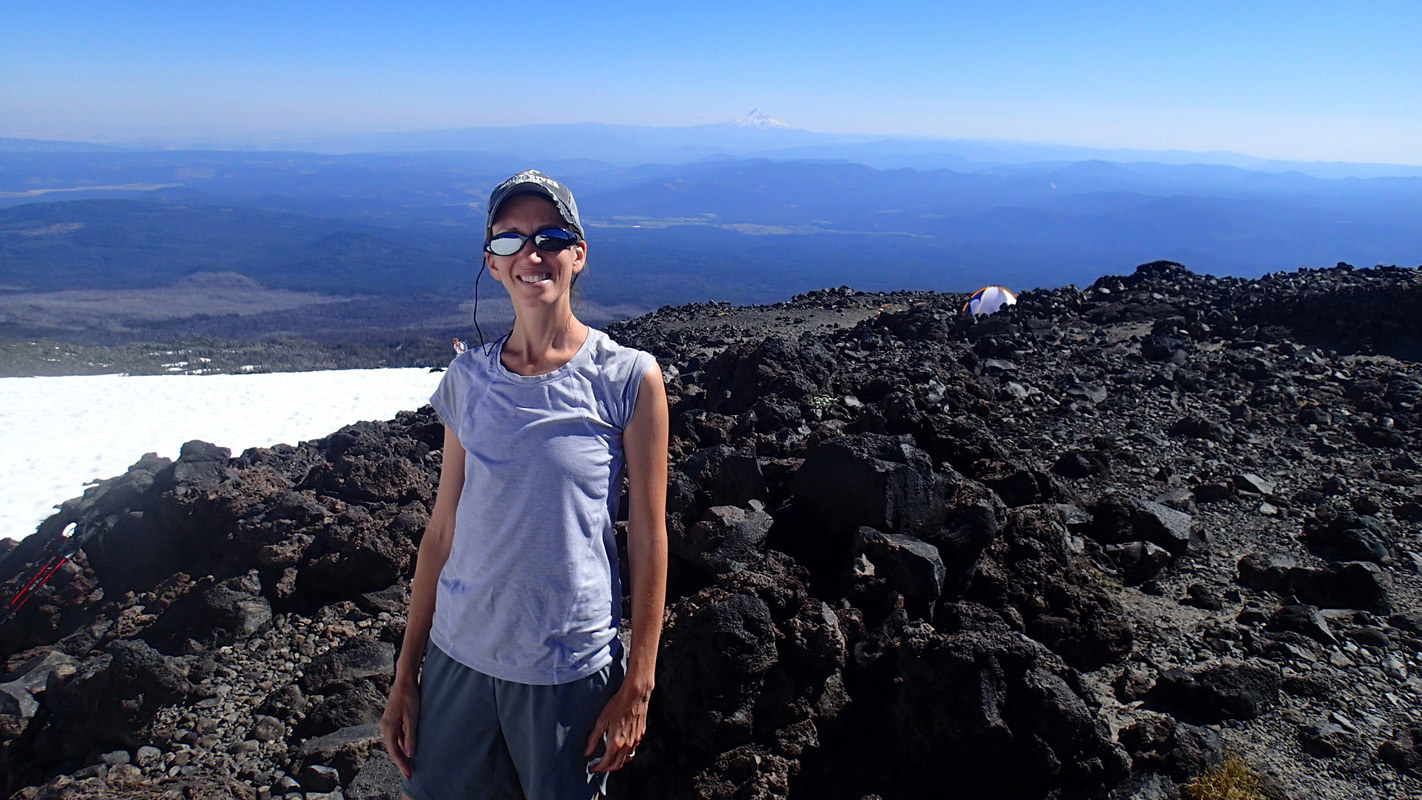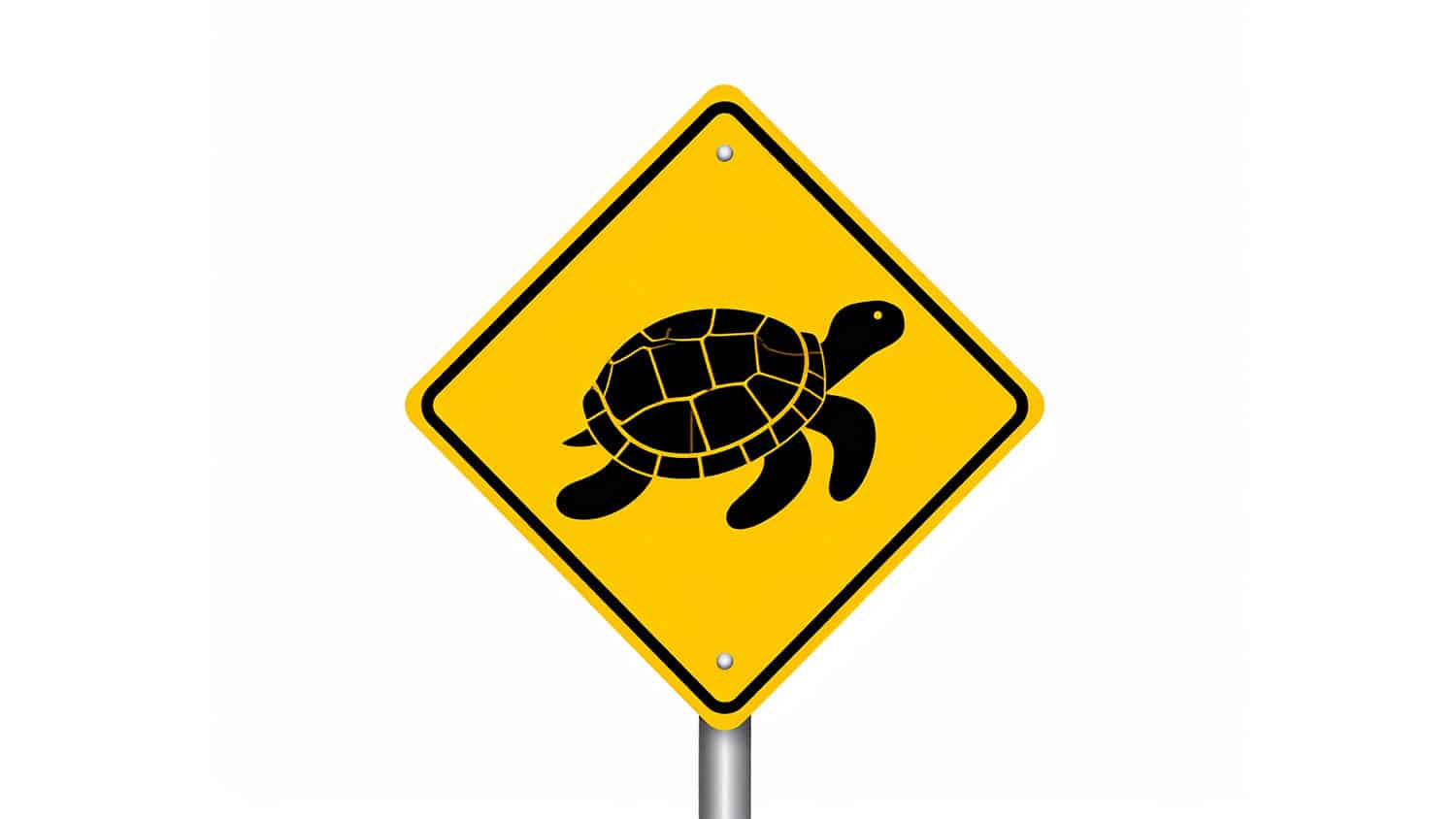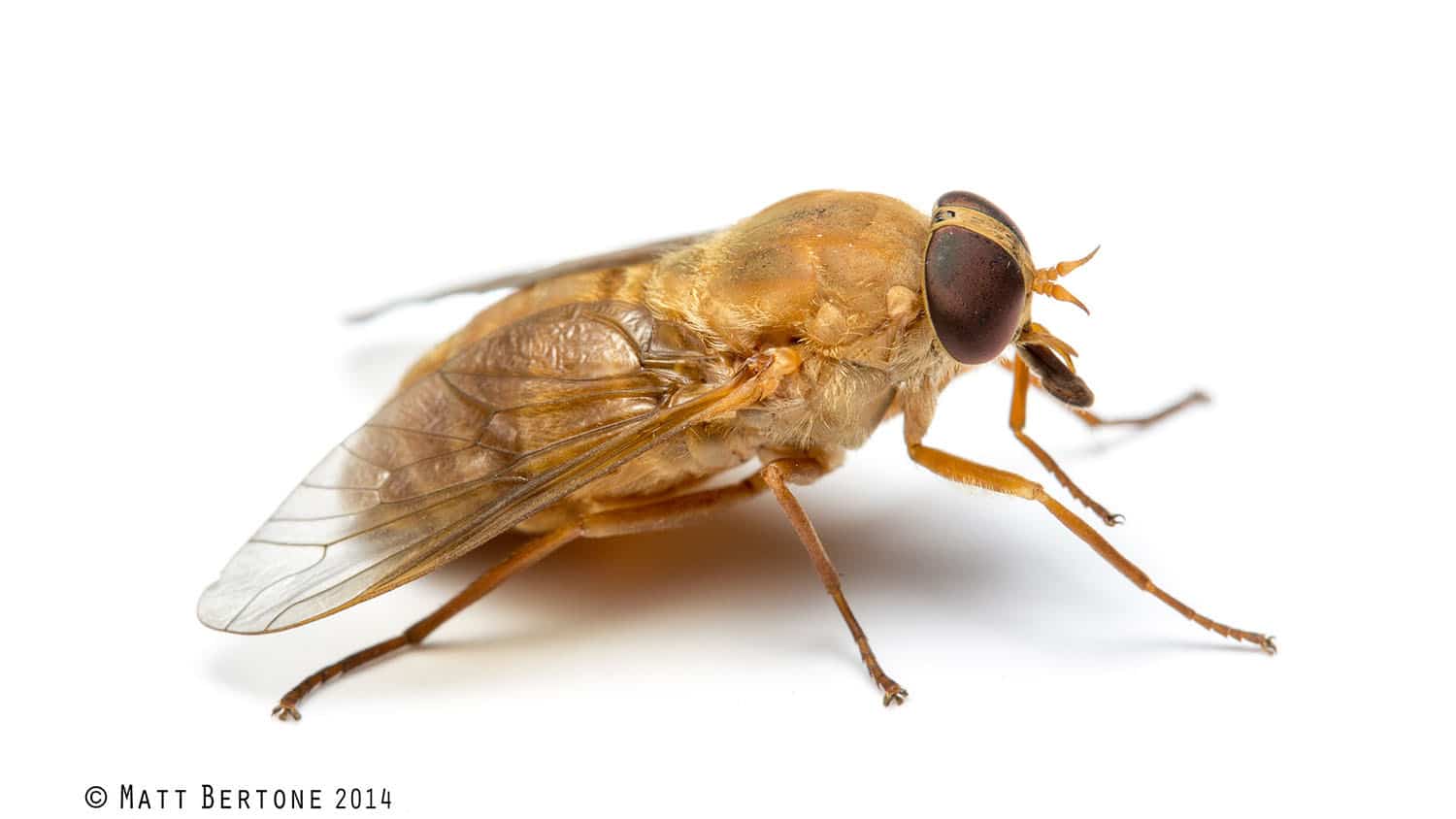This Is What Science Looks Like at NC State: Jeni Burnette

Editor’s note: This post was written by Jeni Burnette, an assistant professor of psychology at NC State. The post is an entry in an ongoing series that we hope will highlight the diversity of researchers in science, technology, engineering and mathematics. The series is inspired by the This Is What A Scientist Looks Like site.
My name is Jeni L. Burnette and I am an assistant professor in the Department of Psychology at NC State University. I am a social psychologist, in the psychology in the public interest area. In general, my research applies basic social psychological theories and methodology to understanding fundamental social issues such as obesity and stigma.

More specifically, I study how we set, strive for, and monitor our goals, which is called self-regulation. As we strive to regulate ourselves, competing motivations may cause us to fail to reach our goals. Additionally, self-regulatory processes can be undermined by negative, stereotype-based expectations of inferiority, which is called stereotype threat.
As individuals strive to overcome obstacles such as competing motivations or stereotype threat, my research has yielded clear evidence that mindsets matter. More specifically, beliefs about whether human attributes are malleable (aka, the “growth mindset”) or of a fixed nature (aka, “fixed mindsets”) have significant consequences for self-regulation and goal achievement.
One aspect of my research applies the concept of mindsets to a series of studies on self-regulation failures in the context of weight-management. For example, why are some people able to stick to their dietary or exercise regimes, whereas others abandon these health-related goals? My research suggests that a growth mindset about weight can help individuals to remain confident about their potential for weight-loss success and to persevere in their weight-loss goal pursuits.
Another aspect of my research investigates how growth mindsets can help females overcome stereotype threat in science-related fields. In a National Science Foundation project, my colleagues and I developed and tested a growth mindset of computer science intervention. The goal of the intervention is to help buffer against the potential deleterious effects of stereotype threat on female’s interest and sense of belonging in STEM-related fields. This intervention taught computer science students the importance of holding a growth mindset for academic success.
Together, these two lines of research allow me to understand how people can overcome obstacles and challenges in order to reach their full potential. This makes my research especially rewarding.
In addition to exploring human behavior, I also enjoy exploring the wilderness. I love hiking, mountaineering, and skiing. I also love spending time with my family, especially my two young sons who are always the little scientists with their inquiries, curiosities and explorations.
- Categories:


